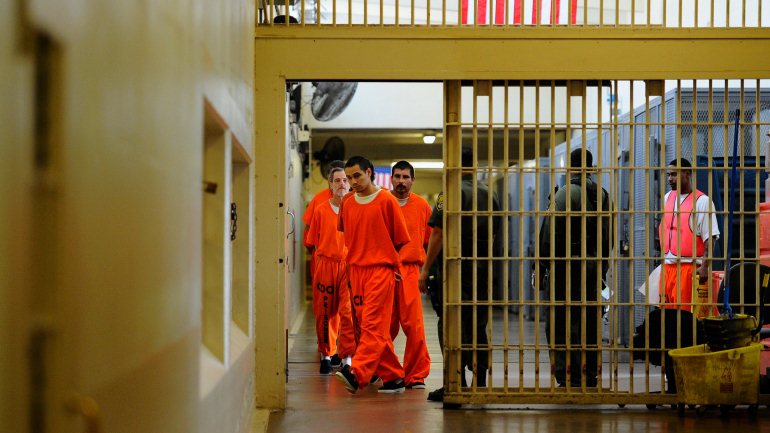
California voters will be asked whether to let 50k parolees vote in November
Should parolees be allowed to vote? A simple majority vote will decide.
Fifty thousand formerly incarcerated Californians may be able to regain their voting rights before the end of their parole.
The California state Senate voted Wednesday to pass constitutional amendment ACA6, putting on the November ballot whether to restore voting rights to all felons on parole.
Otherwise known as the Free the Vote Act, proponents argue it would repair a longstanding form of systemic racism in the form of felony disenfranchisement, which prohibits parolees from taking part in their local communities and society as a whole.
California Assemblyman Kevin McCarty called felon disenfranchisement a “Jim Crow law,” which disproportionately impacts Black Americans.
According to the Public Policy Institute of California, in 2018, Black individuals are overrepresented in California’s parole population, making up 26% of parolees, but only 6% of the state’s adult population. Latinos account for 40% of the parolee population and 35% of California adults.
Nationwide, many say this signals a broken system that promotes a legacy of slavery, where in many states inmates are still counted in the census, and prison gerrymandering sees politicians drawing state or city legislative districts around large prisons.
Opponents to ACA6 say the measure gives rights to individuals who have yet to pay back their debts to society.
RELATED CONTENT
“Since voting is the most precious of all American civil liberties it should be the last to be regained, the greatest carrot for full reintegration and recommitment to the social contract,” said Colleen Britton of the Election Integrity Project told Capitol Weekly.
Forty-eight states and the District of Columbia currently do not allow felons to vote, while Maine and Vermont are the sole states allowing inmates to vote behind bars as well as after their release.
“When people return home from a prison sentence, they are members of our society & should be treated [as] such,” tweeted Latino State Senator Bob Archuleta (D-CA). “Allowing these individuals to vote & have their voices heard is an important step towards reintegrating them back into our communities.”
When people return home from a prison sentence, they are members of our society & should be treated at such.
— Senator Bob Archuleta (@SenBobArchuleta) June 24, 2020
Allowing these individuals to vote & have their voices heard is an important step towards reintegrating them back into our communities.
I am proud to support #ACA6. pic.twitter.com/jLdn2f00xV
Alex Padilla, California’s Secretary of State and National Association of Latino Elected and Appointed Officials (NALEO) president is also a sponsor of the Free the Vote Act.
“In November, voters will have the opportunity to restore voting rights to disenfranchised Californians on parole,” he tweeted.
Congratulations to everyone who worked so hard to #FreeTheVote and thanks to all who took the time to make a call or send a message about #ACA6 to your legislator! In November, voters will have the opportunity to restore voting rights to disenfranchised Californians on parole. https://t.co/eSnhkpfEDz
— Alex Padilla (@AlexPadilla4CA) June 25, 2020
The fight for “freeing the vote” continues in November.










LEAVE A COMMENT: